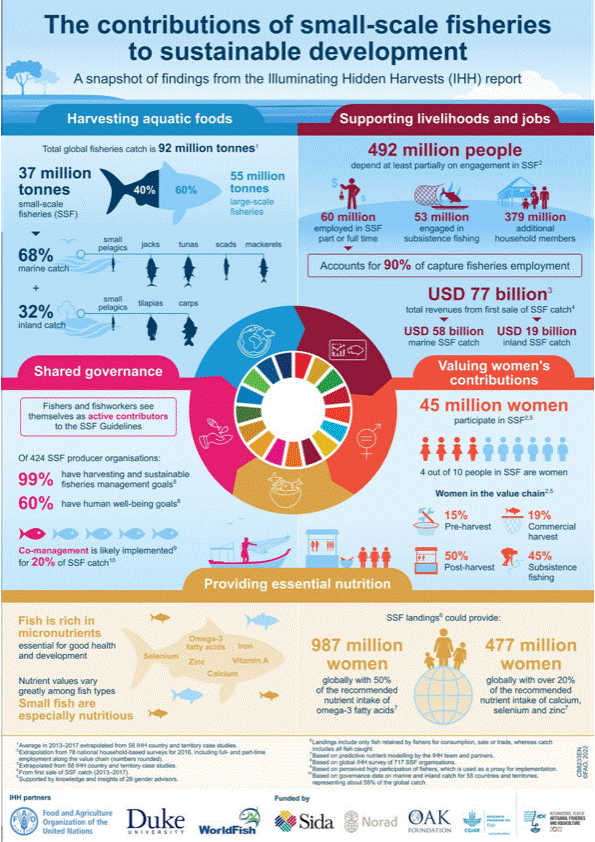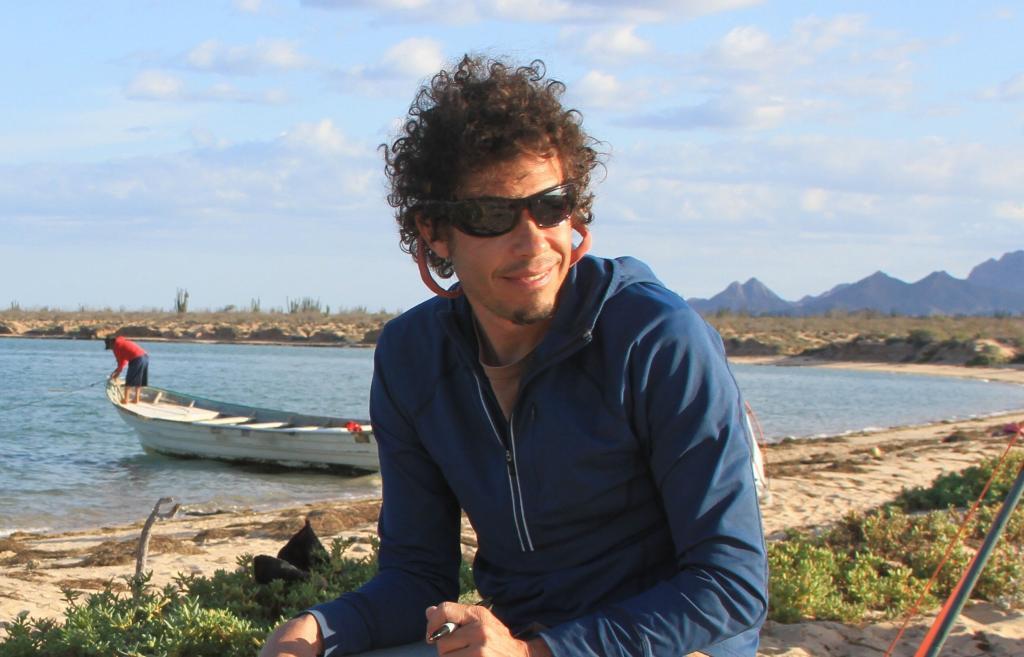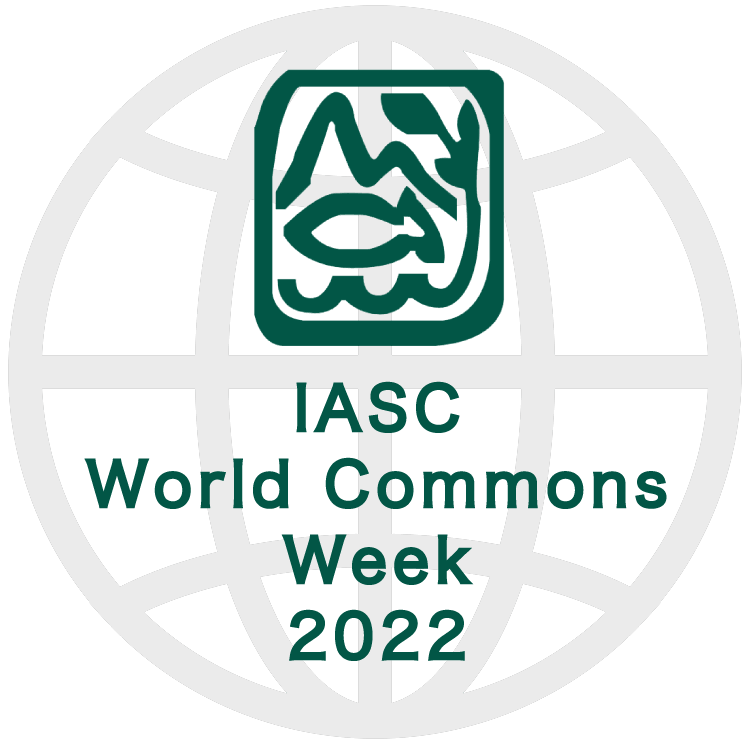Local and global lessons on aquatic foods
Fish as food is a hot topic in academic and policy making circles today. Yet millions of people around the world have relied on fish as food every day for thousands of years. Why is there such a gap between daily practice and attention from scholars and policy-makers? Why so much interest on aquatic foods now?
I argue that answers to these questions require understanding where most attention to the governance of fish has been in the past 50 years. Our research shows that most attention to the governance of fish has come from policy makers interested in solving problems related to open access. While most research and policy on food has focused on land-based resources from agriculture and husbandry to the detriment of aquatic foods. As a consequence, there is a lack of clear policy strategies aimed at marginalized populations dependent on aquatic resources for the maintenance of their livelihoods. There is an urgency to develop policies aimed at these populations given that they produce most of the fish for human consumption, and act as local and regional drivers of poverty prevention, internal migration, and sustainable resource use.
To provide a global perspective on research aimed at closing the forementioned gap, I will draw on the Illuminating Hidden Harvests (IHH) research initiative, an effort that brought together more than 800 collaborators and that synthesizes findings from more than 2,000 fisheries in 58 countries around the word, regarding food and nutrition security, poverty, resource use, and governance. Finally, I will raise attention to the links between institutional diversity and sustainable development by arguing that small-scale fisheries contributions to sustainable development are likely mediated by how fishers self-govern themselves. To illustrate this, I will draw from findings emerging from our long-term collaborative NSF-supported research project in Northwest Mexico.

About the Speaker

Xavier Basurto Guillermo
Duke University
I am interested in the fundamental question of how groups (human and non-human) can find ways to self-organize, cooperate, and engage in successful collective action for the benefit of the common good. To do this I strive to understand how the institutions (formal and informal rules and norms) that govern social behavior, interplay with biophysical variables to shape social-ecological systems. What kind of institutions are better able to govern complex-adaptive systems? and how can societies (large and small) develop robust institutions that provide enough flexibility for collective learning and adaptation over the long-term?
My academic and professional training is based on a deep conviction that it is through integrating different disciplinary perspectives and methods that we will be able to find solutions to challenging dilemmas in natural resources management, conservation, and environmental policy. Trained as a marine biologist, I completed a M.S in natural resources studying small-scale fisheries in the Gulf of California, Mexico. Realizing the need to bring social science theories into my work on common-pool resources sustainability, I earned an MPA and a Ph.D. in Management (with a minor in cultural anthropology) from the University of Arizona and under the supervision of Edella Schlager. Following I spent two years working with Elinor Ostrom, 2009 co-winner of the Nobel Prize in Economics, at the Workshop for Political Theory and Policy Analysis of Indiana University. Methodologically, I am familiar with a variety of quantitative and qualitative approaches and formally trained to conduct Qualitative Comparative Analysis (QCA or more recently fsQCA), that allows among other things, systematic comparisons of middle range N sample sizes and address issues of multiple-causality.
COMPLETED!
Missed it? See the recording below.
